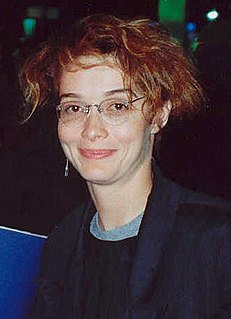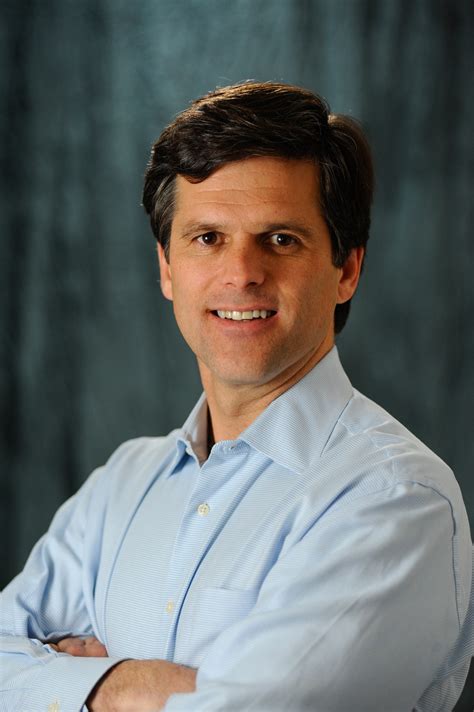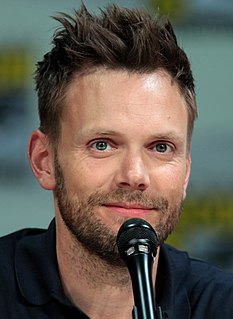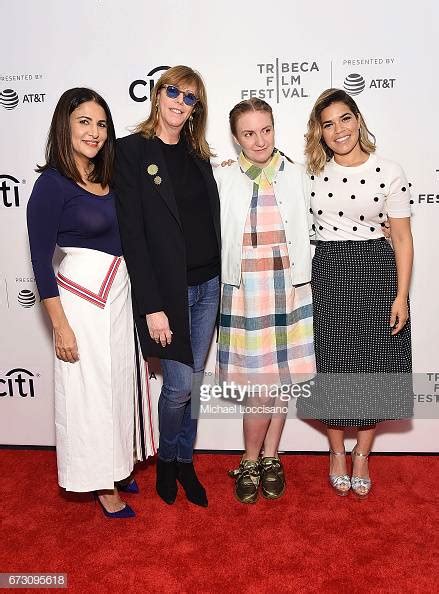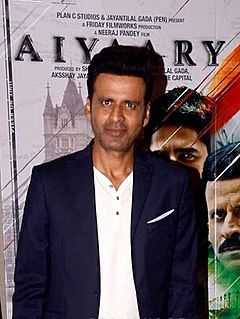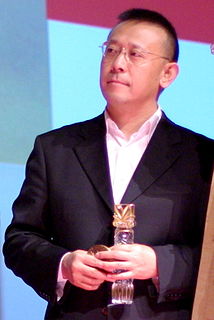A Quote by Jessica Chastain
I find it very interesting: when 90 percent of the critics that review films are men, how is that helpful when trying to create stories from a feminine point of view?
Related Quotes
[On how she goes about trying to live authentically] Well really listening to my point of view and if I am on a set, say, that doesn't really value a woman's point of view, regardless of how they feel, continuing to give my point of view and try to find a way to be heard and not diminishing myself because other people are diminishing me. Because that, I think, is the worst temptation that, you know, you judge yourself by how others are judging you, and to fall into that trap is to walk into the realm of self-annihilation.
We can't have close to 90 percent of those prenatally diagnosed with an intellectual disability being aborted; 90 percent not going to school; more than 90 percent reporting discrimination in the healthcare system; and 90 percent unemployed, and tell ourselves that we're doing a good job. The obstacles to leading a full life for the vast majority of people with intellectual disabilities are far beyond what they should be, and far beyond what we should tolerate. So yeah, I want change.
It's when people come at you on Twitter and say really crazy things. That's the kind of stuff that I insulate myself from. All of that is not very interesting or helpful, but we have critics who sometimes really love us or sometimes don't, and it's really interesting for me to see what they don't like about it.








